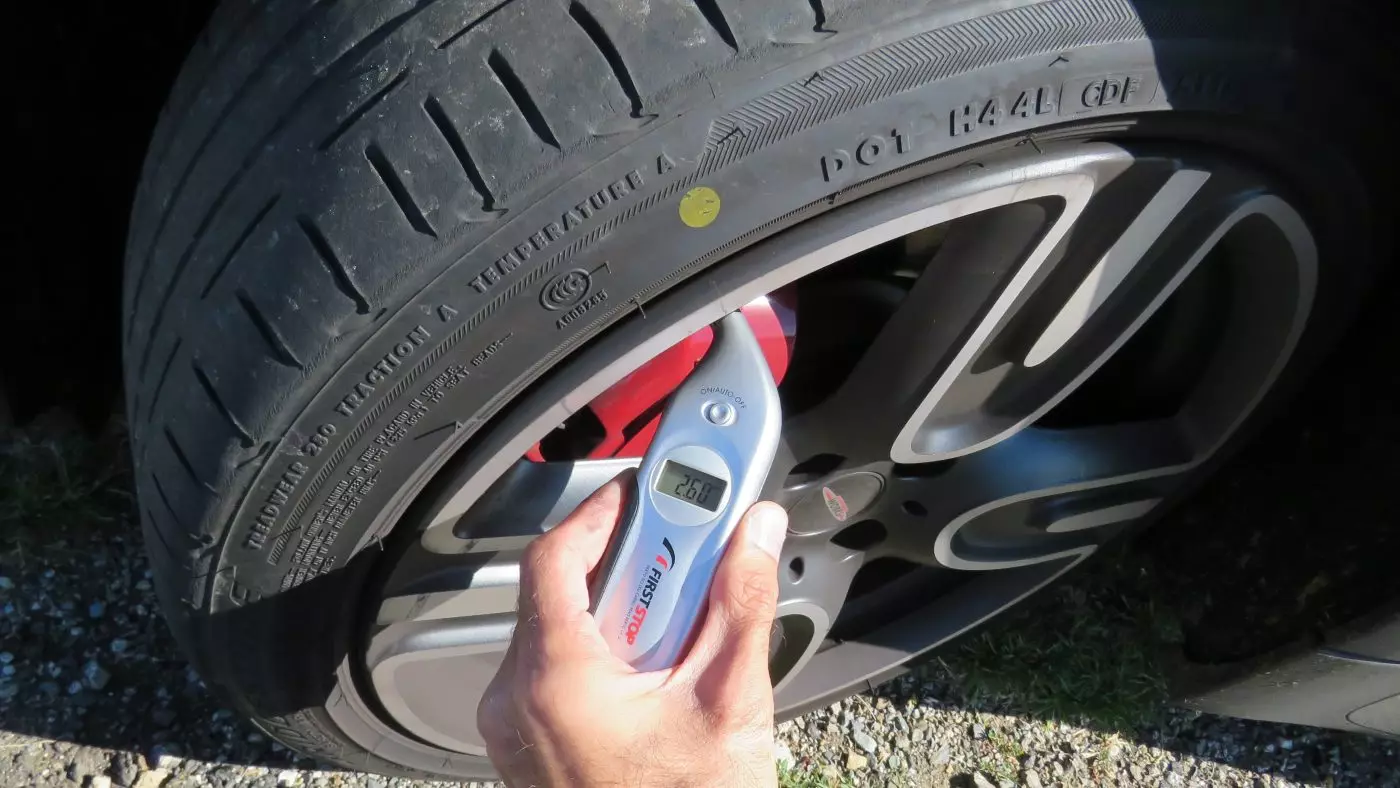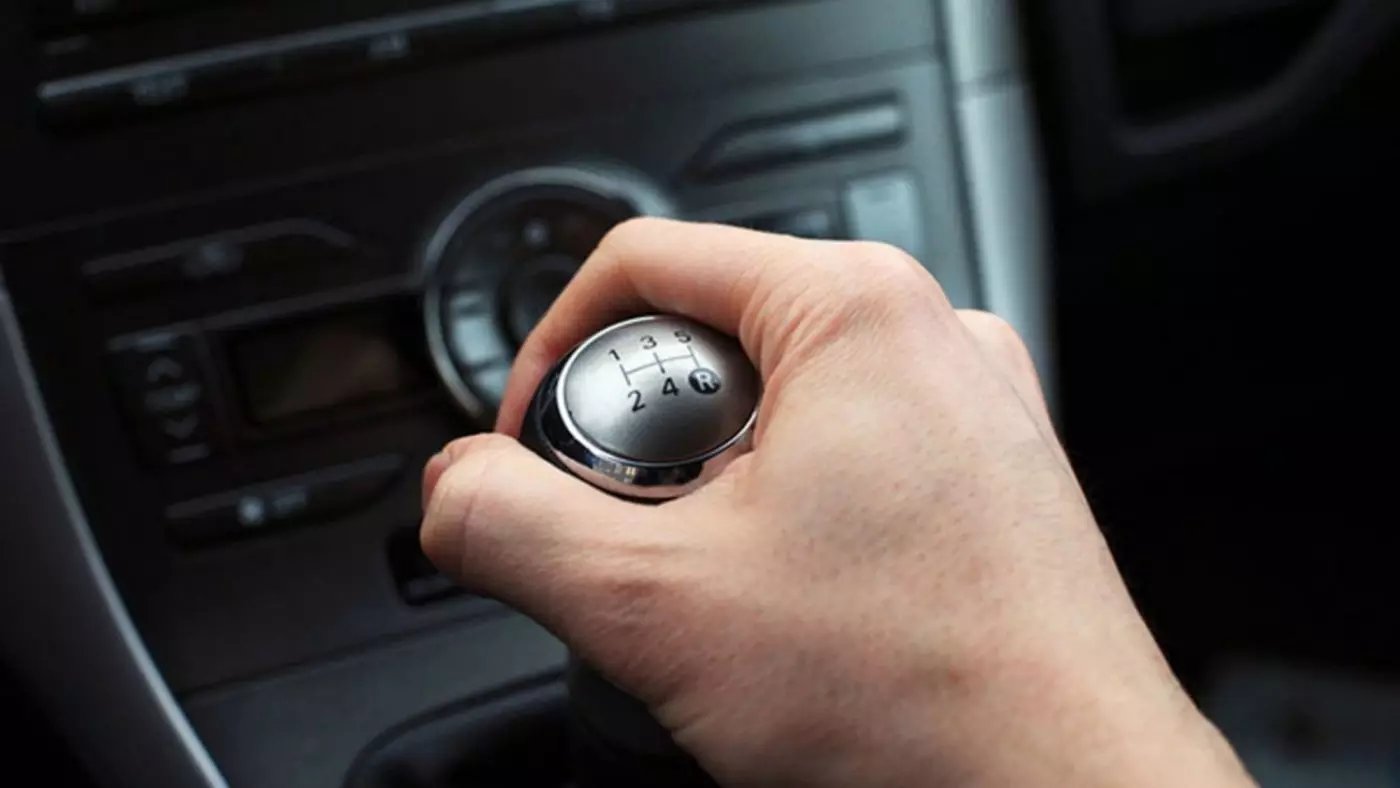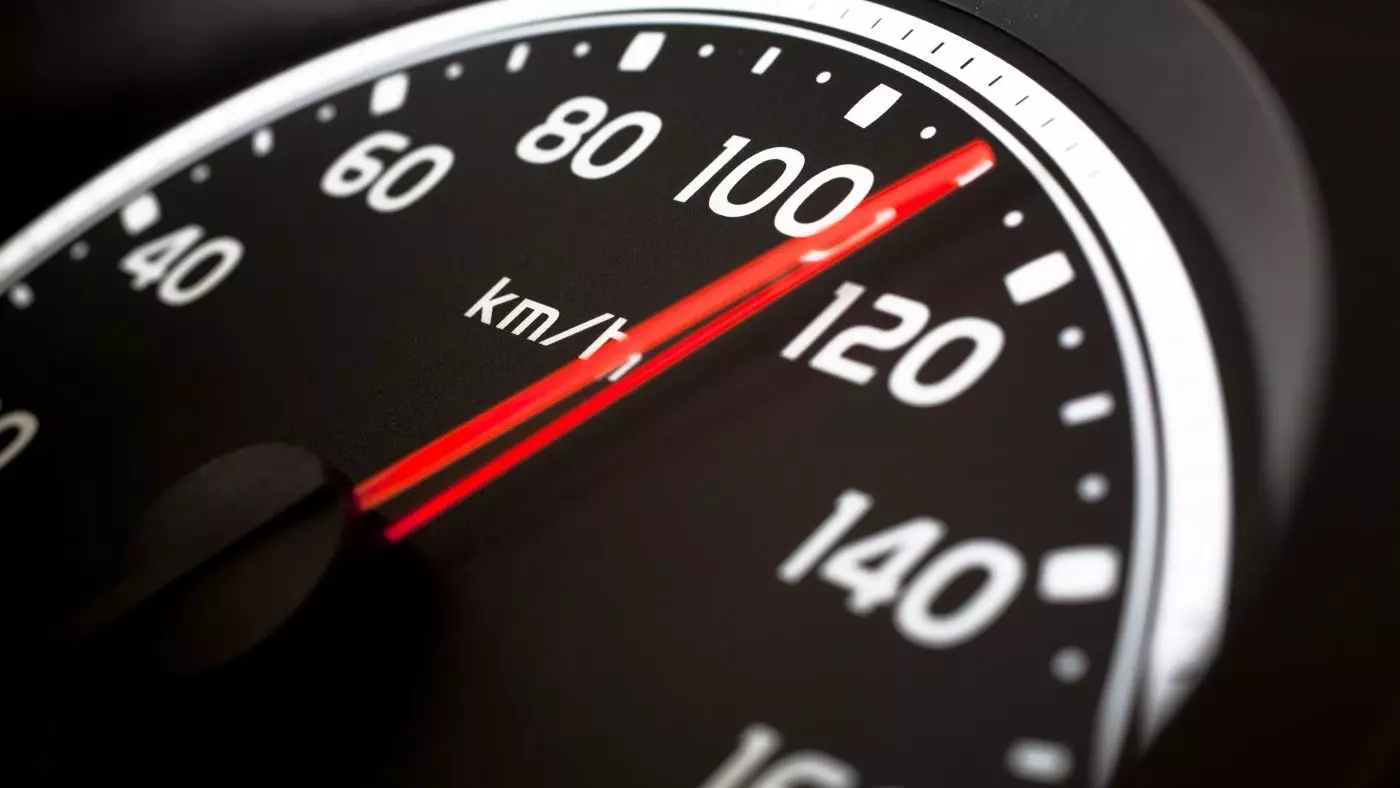Fuels continue to increase and it is increasingly expensive to drive a car. So any tips that can save you fuel are welcome. Fuel costs are one that, in the long run, can be considerable.
Some are obvious, others not so. Some are simple to apply, others require getting your hands dirty. But all are essential for you to achieve significant savings. Let's go to them.
"Play" in advance
I was never good at physics but there are things that are easy to understand. To put a body in motion and overcome its inertia, there is a very high waste of energy. The sooner they can anticipate that they will have to brake, the sooner they will take their foot off the gas.We've all seen those drivers who, in traffic, accelerate too much to have to brake 100 m ahead. Result? They use more fuel to remain stationary in the same place and for the same time as the rest.
A correct reading of the road helps to keep the speed as stable as possible and thus save fuel.
Subscribe to our newsletter
Planning your arrival at intersections so you don't have to brake excessively, using downhills to gain speed and slow down as soon as you know you're going to have to stop or slow down, such as at toll booths or exiting the highway, are great savings tactics.
tire pressure
Yeah, very important. When was the last time you checked your tire pressure? Checking your tire pressure regularly is one of the aspects most neglected by us drivers, and at the same time one that helps a lot to save fuel.
Driving with tires below the pressure indicated by the manufacturer increases fuel consumption and decreases performance, since the friction generated between the tire surface and the asphalt is greater, so you need more energy to cover a certain route. Furthermore, it reduces tire life and safety.

Consult the user manual for the correct pressure. Sometimes this information is also located on the fuel cap or inside the driver's door.
Before long journeys, and if you are traveling with the heaviest car, it is also mandatory to increase the tire pressure, according to the information you find for your car.
ideal regime
Use the gearbox and the rev counter as your ally in the fight against consumption. In gasoline cars, the ideal range of use is between 2500 rpm and 3500 rpm (perhaps a little less in turbo engines), while in Diesel this range is between 2000 rpm and 3000 rpm. It is in this range of rotations that the ratio between mechanical efficiency and consumption is more favorable to savings. Scaling the rev counter to the limit won't do you much and can double or triple your car's instantaneous consumption.Avoid short routes
Whenever possible, avoid using your car on short journeys. In very short distances, the engine and catalytic converter do not have time to warm up to the ideal operating temperature. Engine oil, for example, is cooler and has a higher viscosity, thus increasing the friction of internal parts. In this way, the effort that the engine has to make is greater. The catalyst is not as efficient while it is cold.
There is also the issue of the particle filter, which in small paths will not regenerate the particle filtering system, as the process is usually only carried out after reaching the ideal operating temperature of the fluids and mechanical components and at a certain speed — if it starts on a short route, it can be stopped halfway through, which is not recommended.
In this way, the increasing clogging of the filter generates more back pressure in the exhaust, increasing consumption due to the greater effort of the engine.
If the distance is too short, consider going on foot, your wallet will thank you...
correct cash ratio
The correct use of the gearbox is also one of the aspects that most influence consumption. And how do you know which change is right? It's as high as possible for the traffic conditions, without you hear the engine knocking, or “dying”.
Most cars today even indicate which ratio is correct, with the information visible on the instrument panel. In most cases, you are attentive and accept the suggestions to save fuel.
In practice, this care can lead to significant savings.

save the accelerator
The way you treat the accelerator is directly proportional to the willingness of the fuel needle to go down. Therefore, the lower the throttle loads, the lower the instantaneous fuel consumption. If you're sweet with the right pedal, you'll be rewarded in your wallet.unnecessary weight
Do you have completely unnecessary things in your car? It's easy to let go accumulating useless objects, always with that idea that “one day I might be missed”. All the useless weight carried by your car is ballast that will force the engine to make an additional effort. Okay, this isn't all that significant — but it also depends on how many pounds we're talking about — but if you multiply it by several years and a few tens of thousands of kilometers, the bill to pay can be significant.
I know people who have a bit of everything in the trunk of their car. Collecting all the objects that walk around there and weighing them, they may be convinced that this measure will save a few euros.
Maintenance
How long has it been since you steered your car? How long ago should you have changed the oil? How long have you not seen the status of the air filter? They all influence fuel consumption, although the latter is most significant in vehicles that frequently travel on dirt roads that raise dust and easily clog the air filter.By doing regular maintenance, you can get some more savings and save fuel.
Windows and air conditioning
Driving with the windows open, especially on the highway, increases fuel consumption. On the other hand, if you travel with the windows open and the climate control turned on, the waste is even greater.
Nowadays, automatic air conditioning is more and more common. First assess the need to bring the air conditioning on or even ventilation. Automatic mode does not mean that you are not having additional consumption.
Start/Stop
No, Start/Stop does not damage or shorten the life of any part of your car. Therefore, he is no longer “old man from Restelo” and uses the system. In town it will help you save fuel. Believe!The system has been studied for years and has been shown to actually work. It is a system that now exists in practically all cars.
some more change
If, in addition to these advices, you are careful to reduce speed by 10 km/h on the highway — for example instead of 130 km/h, travel at 120 km/h — and if you avoid the use of roof bars, you can save a few liters and… change.

And attention! Driving with the car in neutral, when on a steeper descent, does not consume less fuel than with a geared gear. Only with a gear in gear does the system cut the fuel injection during deceleration. The only exception applies to cars with carburetors. It's not your case is it? So forget about neutral.
